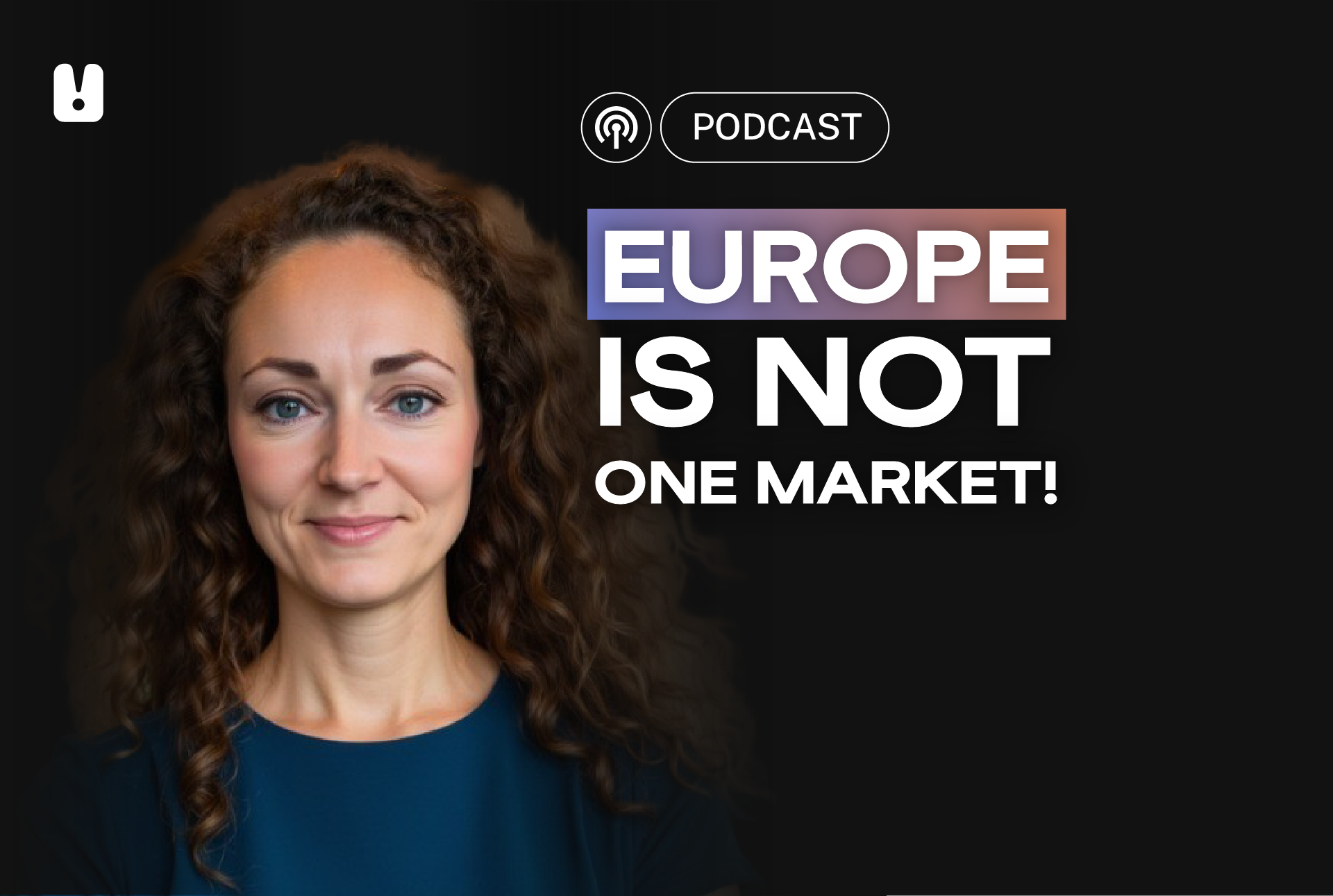
SDRs: Role, Responsibilities, and Why You Need Them
Table of contents
- What Is an SDR?
- Modern SDR Prospecting
- Why You Need an SDR Team
- The SDR's Job Role: More Than Just Cold Calling
- Conclusion: SDRs Drive Demand Gen and Revenue Growth
What is an SDR?
An SDR, or Sales Development Representative, is a sales professional who focuses on the initial stages of the sales process. They're the front-line troops in B2B sales.
Their primary goal is to generate and qualify leads, setting the stage for Account Executives to close deals.
Modern SDR Prospecting
SDR prospecting is the process of finding and engaging potential customers who may be interested in a company's products or services. It involves researching, reaching out to, and qualifying new leads to create a pipeline of opportunities for the sales team.
Effective prospecting is crucial for SDRs as it lays the foundation for successful sales conversations and ultimately drives revenue growth.
Modern SDR prospecting uses:
- Intent data to spot buying signals
- Phone and video outreach
- Social selling on LinkedIn
- Personalised email campaigns
Why You Need an SDR Team
A dedicated SDR team is crucial for companies aiming to accelerate growth and maximise revenue. Without SDRs, your sales process crawls. With them, it sprints.
By implementing an SDR team, businesses can significantly improve the consistency of their pipeline, allowing Account Executives to concentrate on closing deals. This specialisation leads to increased efficiency, shorter sales cycles, and improved conversion rates.
Moreover, SDRs play a pivotal role in gathering valuable market insights, allowing sales teams to be more focused in their sales efforts, and ensuring that only qualified leads progress through the sales funnel. This targeted approach not only boosts overall sales performance but also contributes to higher customer satisfaction and retention rates.
To summarise:
- Focus: A dedicated SDR team allows account executives to focus on closing, not prospecting.
- Speed: SDRs create a constant flow of qualified leads.
- Efficiency: Less time wasted on poor-fit prospects.
- Data: SDRs gather intel that improves targeting and messaging.
The SDR's Job Role: More Than Just Cold Calling
SDRs wear many hats. Their responsibilities extend far beyond traditional cold calling, encompassing a range of activities that fuel the sales pipeline and drive revenue growth. Their job includes:
1. Prospect Research
SDRs leverage advanced tools like LinkedIn Sales Navigator and ZoomInfo to find decision-makers within target organisations. They analyse company news, industry trends, and social media activity to uncover sales opportunities and tailor their approach.
2. Outreach and Engagement
Effective SDRs utilise multiple communication channels to connect with prospects. They craft personalised emails, make warm calls, and engage on social media. Their primary objective is to initiate meaningful conversations that lead to qualified sales meetings.
3. Lead Qualification
Not every lead is a good fit. SDRs use frameworks like BANT (Budget, Authority, Need, Timeline) to qualify prospects and ensure that only the most promising prospects are passed on to Account Executives, optimising the sales team's time and resources.
4. Pipeline Management
SDRs use Customer Relationship Management (CRM) systems to track leads and sales activities. They move prospects through the early stages of the sales funnel. This creates a predictable pipeline for the sales team.
5. Market Intelligence
As the first point of contact with potential customers, SDRs gain unique insights into market trends, common objections, and evolving customer needs. Smart companies use this intel to refine their product offerings, marketing strategies, and overall sales approach.
Smart companies leverage this intelligence to refine their
Conclusion: SDRs Drive Demand Gen and Revenue Growth
SDRs are more than just appointment setters. They're the engine that drives demand generation and predictable pipeline, setting the stage for successful deals.
For companies looking to scale their sales efforts, investing in a strong SDR team is an essential strategy, improving sales efficiency and accelerating growth.
Implementing an effective SDR strategy may require some initial investment, but the long-term benefits in terms of increased revenue and scalable growth make it a worthwhile endeavour for B2B companies of all sizes.


Continue reading
Subscribe to Punch! newsletter
A monthly dose of Sales Intelligence, delivered straight to your inbox






